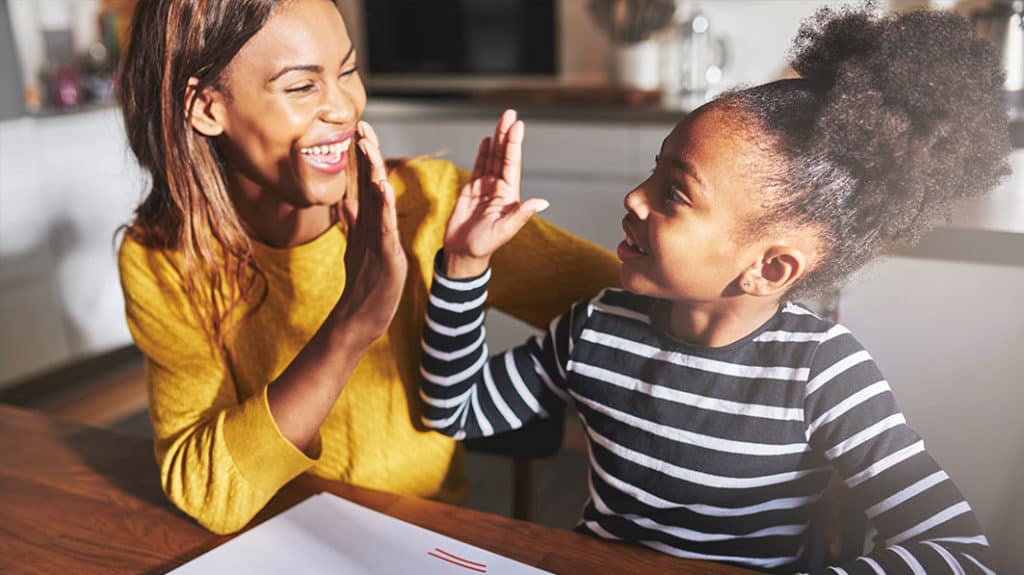
What Are the Biblical Roles of Husband and Wife?
What are the roles of Christian men and women in marriage? And why does it matter? Here are a few things to consider.
April 20, 2017

Gratitude rescues us from the trap of negative thinking and helps us enjoy life more. Learn how gratitude is one of the seven traits of effective parenting.
Do you believe that grateful people are actually healthier people? Researchers have consistently found that grateful people tend to be happier, healthier, more optimistic and less stressed when life gets challenging.
But science is really only catching up to the truth in God’s Word. Throughout the New Testament we learn that gratitude is clear evidence of a healthy Christian. In Colossians, the apostle Paul describes what our “new self” should look like. “Be thankful,” he urges us (Colossians 3:15).
Related Content: Take our free 7 Traits of Effective Parenting Assessment to see where you rank in the area of gratitude.
It’s refreshing when someone expresses genuine gratitude. It creates a sense of connection and peace. And parents who practice demonstrating gratitude to their kids reap these same benefits.
Like most parents, I don’t have a perfect track record in this trait, but I strive to include gratitude in family interactions whenever I can. My kids’ faces light up when I tell them I am grateful for them, when I’m thankful for a contribution they made to our family. In the morning, if my daughter is dreading something about the school day, I try to shift her focus by talking about something about her that I appreciate. Gratitude rescues us from the trap of negative thinking.
Here are some benefits kids receive when their parents practice gratitude:
Genuine gratitude teaches kids to be respectful and humble. They are less entitled and more able to recognize the truth that their lives are filled with gifts, blessings and privileges.
Kids learn to be happy with what they have rather than being thirsty for the next thing or moment. Peacefulness is a full-time constant. Of course, kids are still kids. But an environment of gratitude is able to bring them back to peace and closer to God. They start to see how trust in God provides a peaceful mind (Isaiah 26:3-4).
Kids learn how to pay attention to what they have rather than what they don’t have. James Oppenheim famously said, “A foolish man seeks happiness in the distance. The wise grows it under his feet.”
Gratitude gives kids room to see the good in the bad. It provides enough flexibility for children to allow for the possibility of something good coming out of something bad. It allows kids to see difficult circumstances as opportunities to grow, rather than horrible problems that must be avoided.
Gratitude is truly an attitude—and that is what makes it easy and difficult all at the same time. It’s a bit like exercising: beneficial yet difficult—and it truly feels good after you do it.